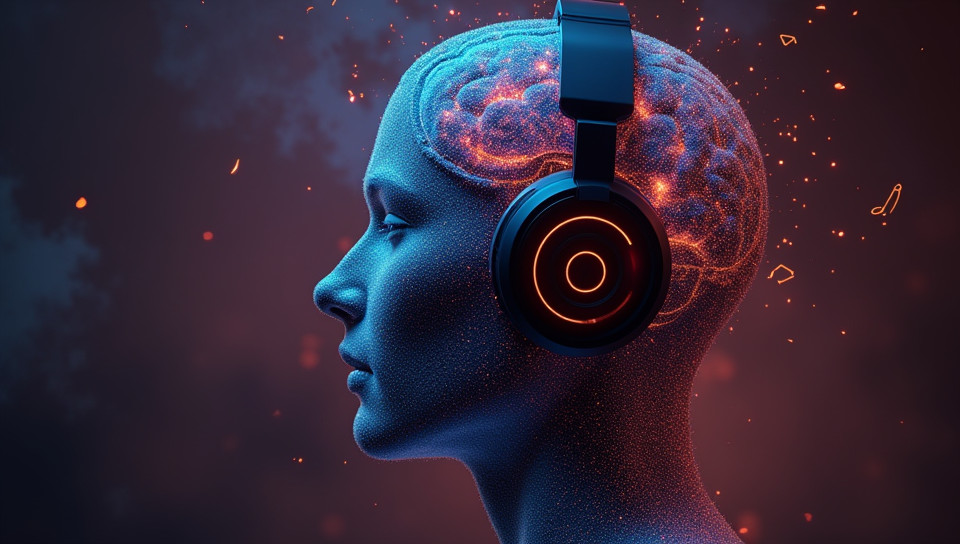Music improves cognitive skills, including memory 72%

The Power of Music: Unlocking Cognitive Potential
Do you remember the last time you sang along to your favorite song? Perhaps it was during a long drive, while working out, or simply as a way to pass the time. Whatever the context, research suggests that music has a profound impact on our cognitive abilities, particularly when it comes to memory. In this article, we'll explore how music improves cognitive skills and why it's essential for individuals of all ages.
The Science Behind Music and Memory
When we listen to music, our brains process a multitude of information, including melody, rhythm, harmony, and lyrics. This complex interplay of sensory inputs activates various regions of the brain, including those responsible for memory consolidation. Studies have shown that listening to music can:
- Enhance memory recall: Research has demonstrated that musical training can improve spatial-temporal skills, which in turn enhances memory performance.
- Promote neuroplasticity: Music's ability to stimulate neural connections and adapt existing ones makes it an effective tool for maintaining cognitive function as we age.
- Reduce stress and anxiety: The calming effects of music have been shown to decrease cortisol levels and alleviate symptoms associated with anxiety disorders.
Music Education: A Key to Unlocking Cognitive Potential
The benefits of music extend far beyond the entertainment value. Research has consistently demonstrated that formal music education can improve cognitive skills in children and adults alike. In fact, a study published in the journal "Neuropsychologia" found that musicians performed better on spatial-temporal tasks than non-musicians.
- Develops attention and focus: Music requires sustained attention, which can translate to improved concentration and reduced mind-wandering.
- Enhances language skills: The structure of music, including rhythm and melody, can improve phonological awareness and language processing abilities.
- Fosters creativity: Engaging in musical activities stimulates the imagination and encourages innovative thinking.
Conclusion
As we've seen, music has a profound impact on cognitive skills, particularly when it comes to memory. By harnessing the power of music, individuals can unlock their full potential and reap numerous benefits for brain health. Whether through formal education or casual listening, incorporating music into our lives is a simple yet effective way to improve cognitive function and overall well-being. So go ahead, put on your favorite playlist, and let the melodies transport you to a world of improved memory and cognitive clarity.
- Created by: Yǔxuān Luó
- Created at: Nov. 15, 2024, 12:44 p.m.
- ID: 15974







